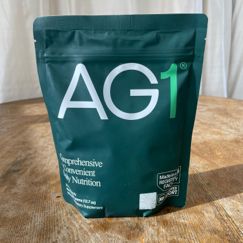Research suggests colostrum supplements may support immune function and gut health, but evidence is not conclusive. It seems likely that athletes could benefit from colostrum for muscle recovery, though more studies are needed.


Colostrum is the first milk produced by mammals after giving birth, rich in nutrients and antibodies. For adults, bovine colostrum is popular, claiming to boost immunity, improve gut health, and aid muscle recovery, especially for athletes.




